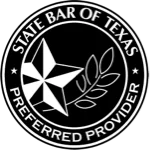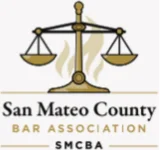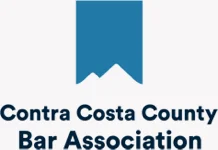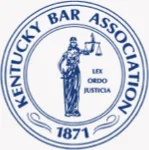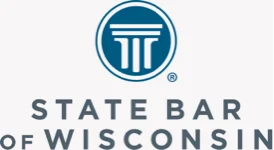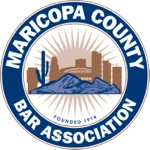Social media is a key marketing channel for law firms, but you might be underutilizing it because you’re afraid of crossing ethical lines. You can be both effective and compliant.
Whether you’re on LinkedIn or Snapchat, you need to understand your state’s ethics rules and build them into your marketing process. This is true whether you’re handling your own marketing or you’re paying an agency.
Here are five practical tips for a firm to get the most out of social media content while staying on the right side of the law.
If you hire an agency, they need to know the rules
You can outsource your posts. You can’t outsource responsibility.
A lot of firms outsource social media to save time and improve quality, and that’s a smart choice! However, you’re always accountable for the content your agency puts out there. Even “harmless” captions can be problematic if they violate advertising guidelines by misleading, overstating results, or omitting required disclaimers.
The bottom line: If your marketing agency does not understand your state bar’s rules, you are at risk.
Here’s what you need to do:
- Hire an agency that’s familiar with the legal industry
- Train your agency or freelancer on your state’s rules
- Keep written guidelines and examples of compliant and non-compliant language
- Approve every post before it goes live, especially if it references results or stories
A single post from your agency could create an ethics violation for you—not them. So before you hire, ask the agency how they handle compliance and then keep them accountable.
Celebrating wins? Use disclaimers
Sharing a positive verdict can inspire confidence and build credibility. But it can also mislead if you’re not careful.
Advertising rules often require disclaimers. You need to state that results vary, and that past success doesn’t guarantee future outcomes. This is true for social media as well as your website.
Without disclaimers, a celebratory post can be construed as misleading advertising—something competitors, regulators, and even opposing counsel may notice.
Here’s the solution:
- Use a boilerplate disclaimer that you can quickly add to relevant posts
- Don’t hide disclaimers in the comments—post them visibly in the main text
- Keep your state’s rule around disclaimers on hand (does it apply to reposts?)
Skip the “Best Firm” claims to fame
Phrases like “#1 firm in town” or “best criminal defense lawyer” can’t be proven.
These may seem like harmless marketing fluff, but in legal advertising, unverified superlatives can be considered misleading unless they’re backed by objective, third-party recognition.
Overstated claims can draw bar complaints and undermine your credibility with the very audience you’re trying to reach.
Instead, you can let your results, testimonials, and case studies speak for you.
Here’s the guide:
- Only make claims you can back up (awards, rankings, or verifiable stats are fair game!)
- Link to the source in your post
- Encourage testimonials or reviews instead of making the claim yourself
In other words, use data in place of a superlative. Instead of saying “best,” say something like “10 years in personal injury law” or “Recovered over $20M for clients.” Facts win trust.
Disclose stock images when required
In some states, you have to say whether a photo shows a staged actor or a real lawyer or client. It’s about avoiding confusion.
This can get tricky in practice, if you don’t keep track of all your photos.
A picture is worth a thousand words, right? You don’t want to share anything that implies a specific relationship or outcome.
Here’s how to stay compliant:
- Keep a record of where all your images come from
- Add a simple disclosure like “Image is for illustrative purposes; not an actual client”
- Build your own photo library, if possible, to reduce the need for stock images
It’s worth working with a marketing agency that’s experienced in the legal field. You can trust someone else to keep track of everything.
Always protect client confidentiality
Tagging a client without consent? Risky.
It’s easy to slip into storytelling mode on social media—or maybe you have an intern who gets over-enthusiastic about tagging a client with a big legal win. Even a vague story can reveal too much.
Without explicit, written permission from the people in the photo or video, you could be revealing confidential information.
Here’s the ethical checklist for confidentiality on social media:
- Always get signed consent before posting anything that could identify a client or case
- Review anonymized stories to ensure details can’t be traced back
- Train your team to flag potential confidentiality issues before they happen
This matters. A single well-meaning post could breach attorney-client privilege, jeopardizing trust, your license, and the client’s case.
When in doubt, change identifying facts or skip the post.
Review and next steps
Social media works for law firms — if you treat it like any other form of legal communication.
Ethical compliance on social media is about building smart guardrails so you can engage, attract clients, and showcase your expertise. You don’t have to play it safe to the point of being invisible. By putting these practices in place, you can turn LinkedIn, Facebook, and Bluesky into powerful marketing tools without putting your law license at risk.
Know the rules. Train your team. Review everything before it’s public. If you’re ready to talk about legal marketing with the pros, reach out anytime..




